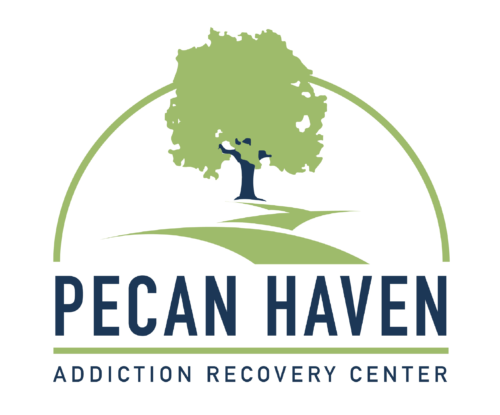Substance abuse is a problem that’s been running rampant for a very long time– pretty much as long as psychoactive or mood-altering substances have existed, people have been using or abusing them. It’s by no means a new problem; it’s an ancient problem that humans are still struggling to solve.
Today, millions of Americans struggle with addiction to various substances. It’s a disease that tears apart families and, all too frequently, ends lives much too soon. Despite the drug education that most children and teenagers receive in school, and despite the efforts of the “War on Drugs” and organizations like D.A.R.E., it’s still running rampant. It’s a disease that affects people from all over the world and of every race and social class.
The fight for substance abuse prevention is not hopeless, however. Addiction treatment centers offer constructive methods of ceasing substance abuse in a way that’s sustainable for everyday life after rehab, and researchers are gaining deeper insight into the psychology behind substance abuse. Gathering knowledge on the subject is potentially the most useful tool for substance abuse prevention that exists.
We’ve gathered a few basic tips for preventing substance abuse. These are by no means meant to be a guarantee, but handled properly, they can make a big difference in people’s lives and potentially avoid the devastating consequences of untreated active addiction.
Start education young
The younger that people are educated about substance abuse and its effects on people’s health and safety, the more likely it is that they’ll avoid substances when they get older.
Of course, the subject must be approached carefully, but helping kids to understand that drugs and alcohol can have very real, lifelong effects on people’s lives is helpful in facilitating good choices as they get older.

Mental health care
Substance abuse and mental health issues are known to go hand-in-hand. People often resort to substance abuse when they are dealing with untreated mental illness. It’s also much more likely for someone who has experienced trauma to struggle with addiction later in life.
Teaching people to pay attention to their own mental health and that of the people around them can help identify problems long before they devolve into serious issues with addiction. Although access to quality mental health care is often limited in the United States, there are services willing to help people connect with the proper care, whether it’s mental health care, rehab, or another form of addiction treatment.
Be aware of warning signs
A major warning sign of someone who’s struggling with addiction is their desire to seek intoxication. This might include drinking purposely to get drunk, or abusing substances with the express purpose of becoming inebriated. Although using substances at all is sometimes an indication of a problem, there’s a notable difference between someone who drinks an occasional glass of wine with dinner and someone who drinks in large quantities with the goal of getting drunk.
Someone who’s displaying this behavior might already be dealing with addiction. It’s not always easy to get someone to seek addiction treatment– but offering support without judgment is a simple but substantial way to get through to someone who’s struggling.

Spend time with people who make good choices
Avoiding spending time with people who use drugs or drink to excess frequently is a great way to reduce the risk of substance abuse. Peer pressure is a real phenomenon; spending time with people who choose not to use illicit substances or drink excessively can be helpful to avoid succumbing to peer pressure.
There are plenty of risk factors for substance abuse– but if those risk factors apply to a person, it’s not a guarantee that they’ll deal with substance abuse within their life. Keeping a close eye on friends and family, seeking mental health care, developing healthy coping mechanisms, and spending time around people with similar values are all ways to prevent substance abuse from becoming a problem.
If you believe that you or someone around you is struggling with substance abuse, it’s a good idea to seek help. Remember that recovery is possible. Contact Pecan Haven at 318-600-3333 or visit https://www.pecanhaven.com/ to learn more.
